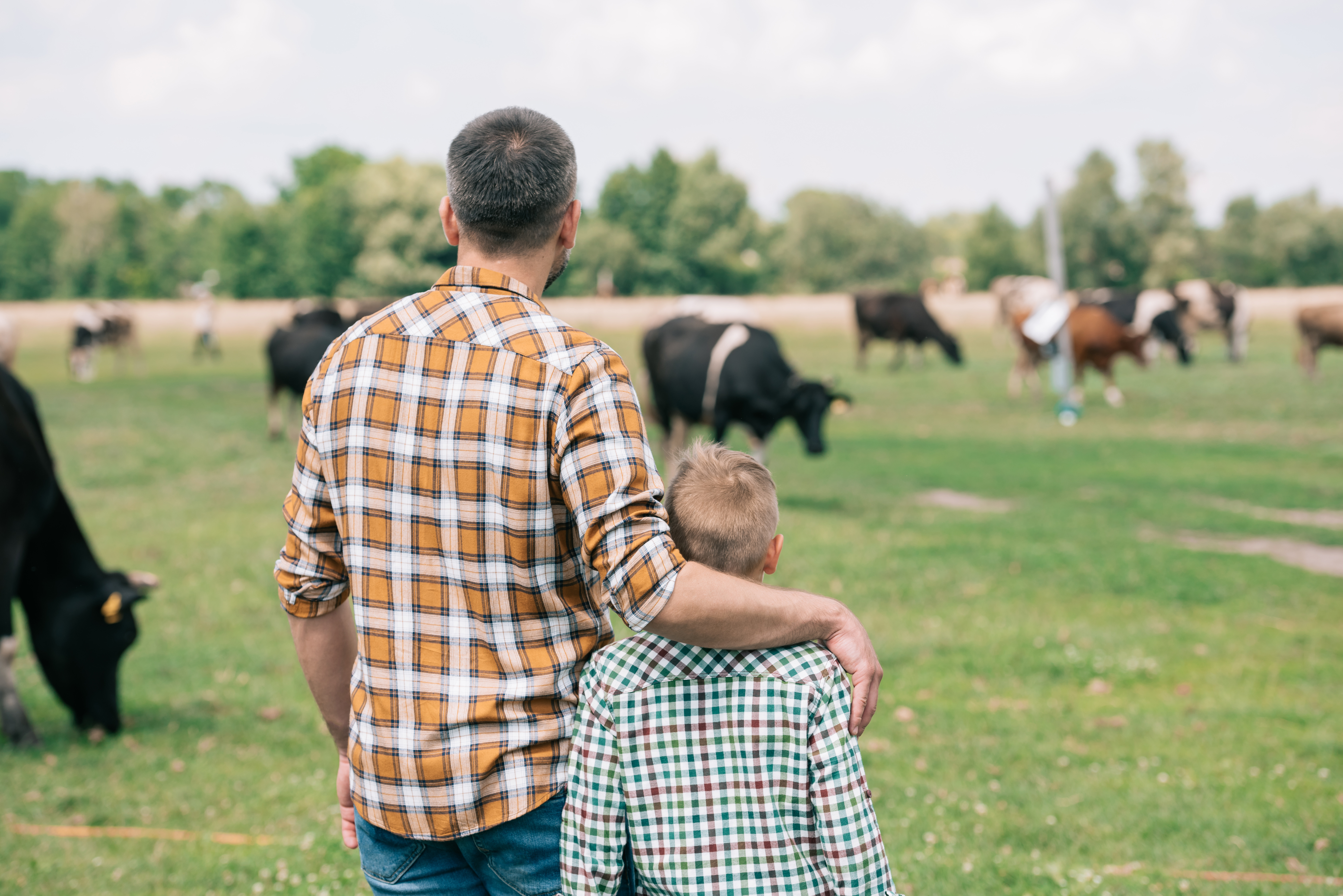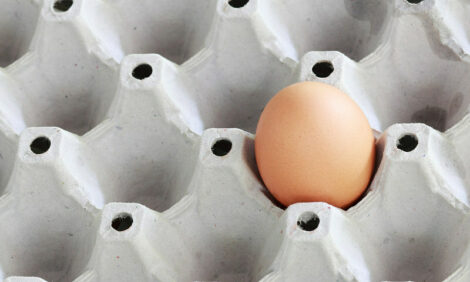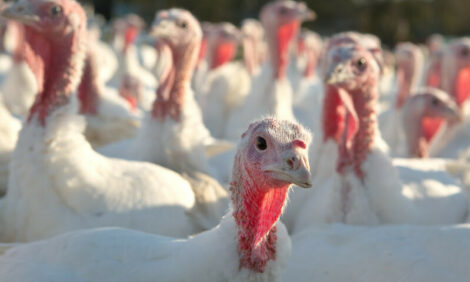



EU farming unions stress the need to meet both climate commitments and food production goals
After the EU's Environmental Climate Law vote, Copa and Cogeca underline the importance of approaching climate adaptation and greenhouse gas reduction in a way that doesn't threaten food production.Following the 11 September vote in the European Parliament’s Envi Committee on draft of the EU Climate Law, Copa and Cogeca members, representing farmers, forest owners and their cooperatives, considers that even if some improvements to the Commission proposals where suggested by Com Envi, the report still does not sufficiently address the role of agriculture and forestry sector and the impact that this legislation could have on these sectors, on its sustainable growth and jobs in Europe’s rural areas. In addition the division of the votes clearly shows the complexity of the issue and the diversity of opinions among the members of Com Envi MEPs.
The strategic importance of food production and food security should be more specifically addressed, as is the case in the most important multilateral environmental agreement climate-action: Article 2.1.b of the "Paris Agreement" on climate adaptation and greenhouse gas reduction in a manner that does not threaten food production. European farmers and agri-cooperatives would like to see their key role of their sector in ensuring food security better recognised and the reference to Article 2.1.b of the "Paris Agreement" highlighted in the text of the EU Climate Law.


On the occasion, Pekka Pesonen, Copa and Cogeca Secretary General underlined that “Since 1990 the agricultural sector reached on of the most significant reductions in net greenhouse gas emissions with a decrease of 20 percent. The role of agriculture in terrestrial carbon sequestration, with special regard to the maintenance of permanent grasslands, permacultural crops and forestry is of paramount importance. The European farming community’s efforts to adapt in constantly changing climatic conditions while continuously ensuring food security and ecosystem services needs sustainable financing in parallel with constant innovation of production tools and methods.”
He continued by further addressing the proposed sharp increase of EU’s 2030 climate target: “Unfortunately in Copa and Cogeca’s view the proposed sharp increase of the Union’s 2030 climate target by 60 percent compared to 1990 level would bring great challenges for a sector that already faces severe difficulties by climate change. Copa and Cogeca therefore urge EU’s decision makers to make sure the farming sector’s specificities are taking into account in order not to hinder but enable the sector to make the necessary investment into continuous improvement of its production.”
As agriculture and food production sectors are in the frontline in terms of impact by shifting climate change patterns, Copa and Cogeca especially welcome the highlighting of the vulnerability of these sector and point out the importance of the latest independent scientific knowledge on which policy measures and actions should be based on.
Furthermore, Copa and Cogeca would like to stress the importance of the IPCC’s Special Report’s acknowledgement that certain greenhouse gases have different lifecycles and which stay in the atmosphere significantly shorter time then CO2. This is especially crucial when considering methane emissions from the agriculture sector.









